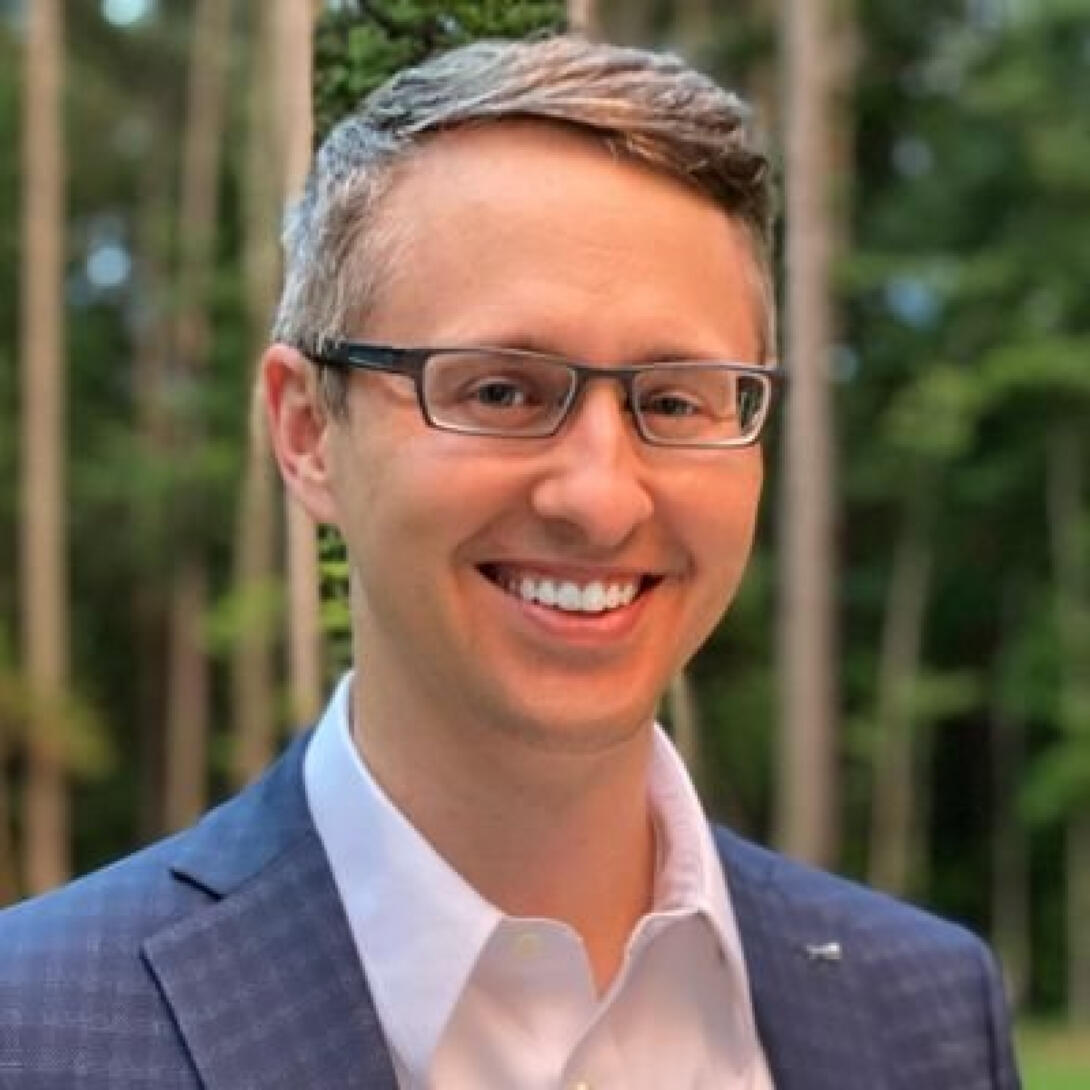
As the 2023 Annual Meeting of the American Society of Clinical Oncology (ASCO) was wrapping up this week, Chief Patient Experience and Safety Officer at Duke Cancer Institute Thomas LeBlanc, MD, MA, MHS, FAAHPM, FASCO, was already in planning mode for next year's meeting.
LeBlanc, a Fellow of ASCO who's been volunteering with the society for a decade, has been designated chair of the ASCO Annual Meeting Education Program Committee.
This prestigious appointment comes as the new president of ASCO, Lynn M. Schuchter, MD, FASCO, pledges to focus her presidential year on “The Art and Science of Cancer Care: From Comfort to Cure” whose key goals include a focus on palliative and supportive care.
"Under his leadership as an expert in palliative care and quality of life, we are developing educational sessions for the 2024 ASCO Annual Meeting that will include presentations by experts in symptom management, palliative care, and how to have effective serious illness conversations with patients about goals of care," said Schuchter, speaking about LeBlanc, in an interview with The ASCO Post.
"Incoming President, Dr. Lynn Schuchter, has chosen a presidential theme that is all about the continuum of care, including palliative and end-of-life care issues as well as exciting curative treatments, so we’ll be working together to integrate that type of content much more across the whole conference than in prior years," said LeBlanc. "Palliative care integration in cancer care has been my life’s work, so I couldn’t pass up the opportunity to infuse it into the world’s largest oncology conference!"




